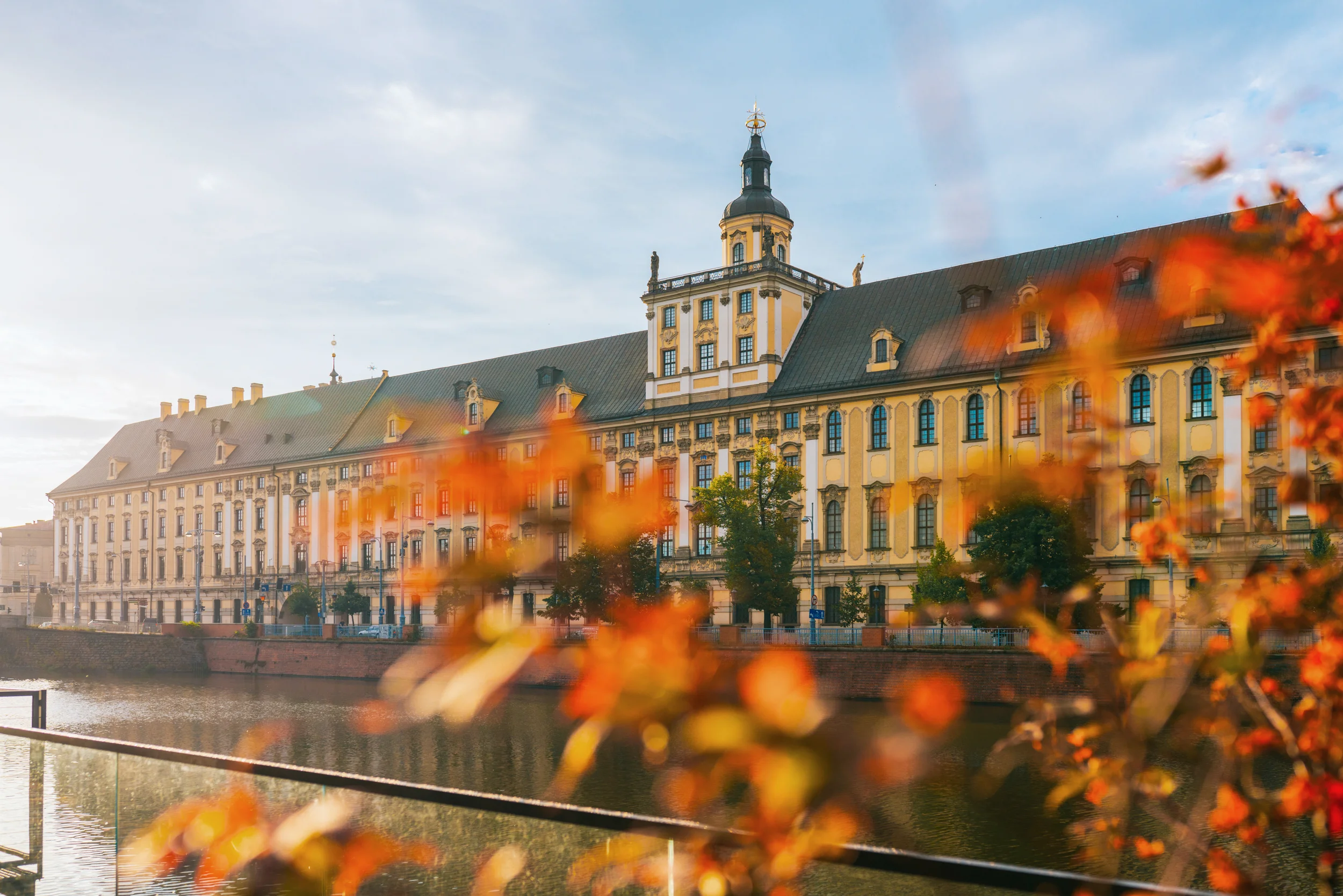Seminarium Wydziałowe
SEMINARIUM WYDZIAŁOWE – SERIA OGÓLNA prof. Luis Carlos University of Aveiro, Portugal “The coming of age of luminescence nanothermometry” 11 maja 2023 (czwartek) o godz: 10:00 Miejsce: sala 145 i MS Teams (hybrydowo)
SEMINARIUM WYDZIAŁOWE – SERIA OGÓLNA Prof. Ashis K. Patra Department of Chemistry, Indian Institute of Technology Kanpur Designing Luminescent Lanthanide Probes for Targeted Theranostic, Bioimaging and Sensing Agents 9 lutego 2023 (czwartek) o godz: 10:00 Miejsce: sala 145 i MS Teams (hybrydowo)



